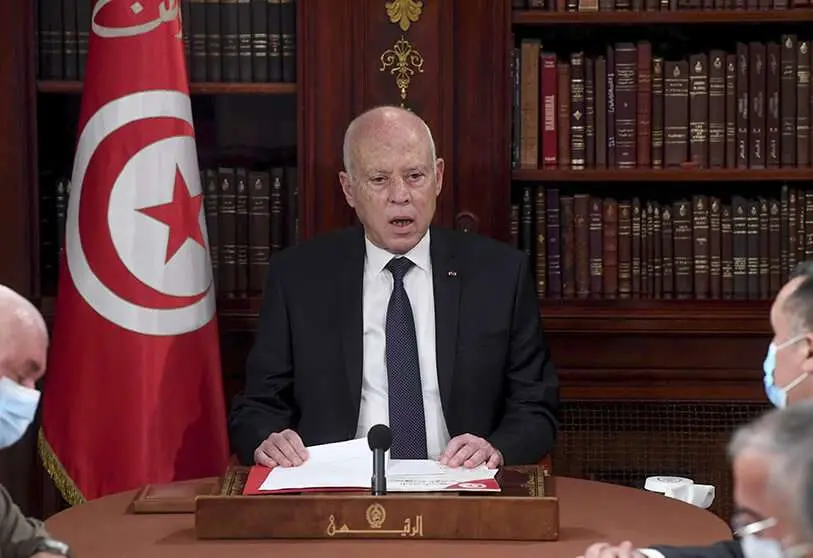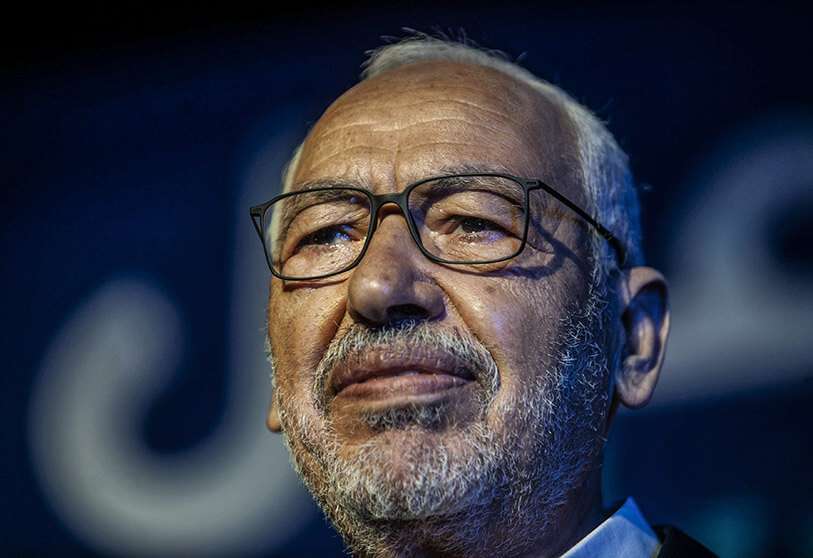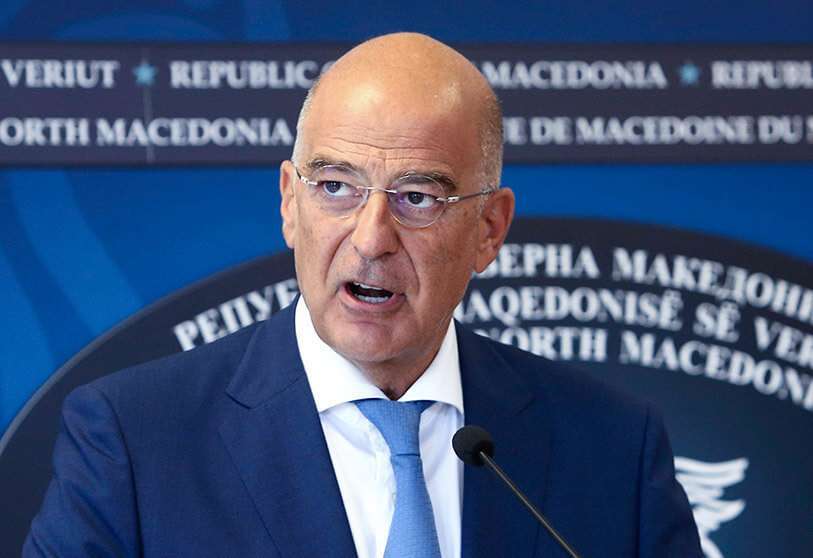Tunisian government concerned about possible attacks on security systems

The division of Tunisia's parliament leaves no room for stability in the country. While the G7 urged President Kais Saied to form a new government "capable of tackling the economic crises", the president is sending out a new warning to Ennahda (Islamic Renaissance Party) about the possibility of infiltrating the state's vital cables (security services). The independent president has long sought to exert pressure on Ennahda, which has always raised doubts within the executive over its intentions to sabotage the country's security.
Saied believes that Islamists are using their influence to change his government's course. The interior and justice ministries are a real headache for the president as he sees Ennhanda's plans to put an end to his plans. Kais Saied has no intention of dissolving parliament and the government, as he did on 25 July. On that occasion he saw the need to restructure the Interior Ministry, as Ennhanda's influence over it was too great, and he wanted to do so with the help of professionals committed to the policies that took control of Tunisia after the revolution.

In addition to the changes in the Ministry of Interior, several governors - all of them from the conservative wing - were relieved of their duties, accused of seeking their own benefits rather than those of the citizens. A Tunisian source quoted by Al Arab media claims that Saied has learnt many details about the Islamic Renaissance Party's plan of influence in recent months, which is why he decided to act swiftly. Furthermore, the same source claims that the president has security files that monitor Enhanda's movements and that this data is the direct reason why Rachid Ghanuchi, head of the Ennahda movement, is reducing his media appearances.
The instability has led many countries to call on Saied to dissolve his government. At the same time, however, the Tunisian government continues to strengthen its ties with those countries that do see a way out of the situation, such as Greece. Greece's foreign minister, Nikos Dendias, met with Kais Saied in the last few hours, when the Tunisian leader once again assured his continuity at the head of the country: "the democratic path will continue in accordance with the will of the people to build a state of law on new foundations that eliminate corruption and the current political, economic and social situation".

After the meeting with the Greek representative, the president thanked Greece for "accompanying Tunisia in the delicate circumstances it is going through, which will further strengthen the historic ties of friendship that exist between the two countries". Nikos Dendias followed suit, saying that Athens "supports Tunisia and appreciates the support of the Tunisian people for the Tunisian head of state in his efforts to stabilise democracy". The opposite is the case in the G7 countries, which have formally called on Kais Saied to form a new government.
"We urge a swift return to a constitutional order, in which an elected parliament plays an important role. We stress the urgent need to appoint a new head of government to form a government capable of addressing the immediate economic and health crises facing Tunisia". This is what could be read in the communiqué issued by the ambassadors of the G7 countries in Tunis. The Ennhanda and the country's main trade union, the General Union of Tunisian Workers, have naturally joined in this request. Saied remains steadfast in his desire to retain power, but pressure from the West is growing.









